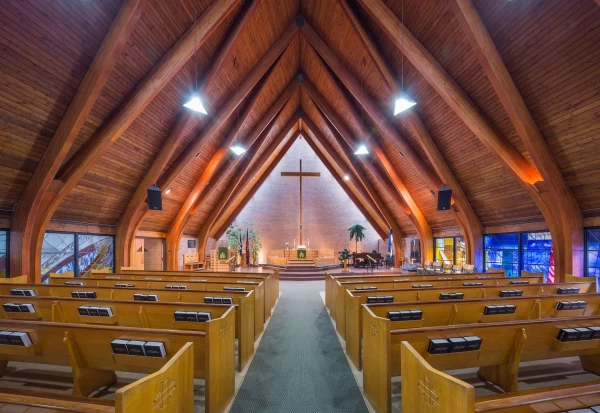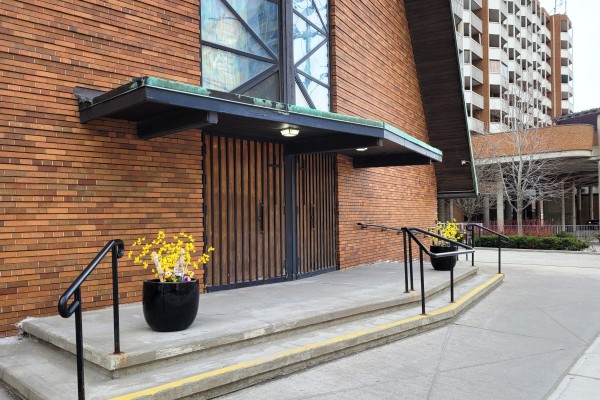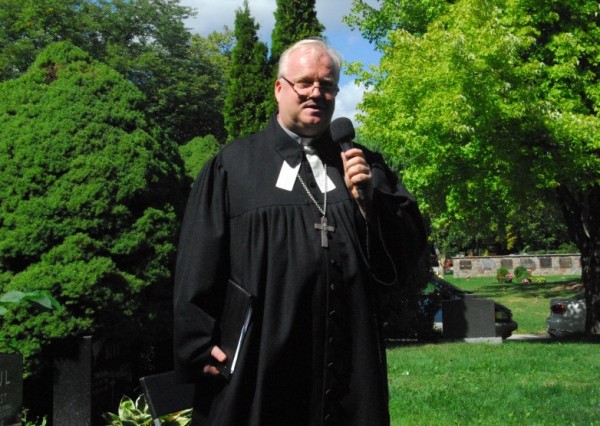Peeter Bush in his Estonian Life article “The Museum of Occupations” (#42, Oct. 21,2005) refers to the men gathered around Harald Nugiseks’ hospital bed as the latter receives his Knight’s Cross for valour in battle.
Neither Peeter Bush nor anyone else (other than the Soviets) has accused Nugiseks of being a Nazi or a war criminal. He is perceived, and rightfully so, as being an Estonian fighting for the defence of Estonia, albeit reluctantly in a German uniform.
Bush doesn’t name the people at Nugiseks’ hospital bed. They were:
Karl Sigismund Litzmann: After the German occupation in 1941 Estonia was organized as a General Komissariat, becoming part of the Reichskommissariat Ostland. SA – Obergruppenfuhrer Litzmann became its General Commissar. A search through several lists of those charged as war criminals does not reveal his name. He was ethnically German, joined the Nazi party in 1929 and headed the SA in East Prussia and Danzig. Using a false name he died in unknown circumstances in Schleswig-Holstein in August 1945.
Hjalmar Mäe - Landsdirector of the German-occupied Estonian “Self government”, a body that wielded little authority in comparison to the military command. Mäe was a pre-war prominent member of the Independence War Veteran’s movement. Identified as intending to help organize a coup against the government, he served two brief prison sentences 1934-35 and 1936-38. He left Estonia for Germany in early 1941 and thereafter was appointed directly by Berlin to the civilian position in occupied Estonia. Post-war, Mäe was an adviser to both the Austrian and German governments. He died in 1978.
Franz Augsberger - Commander of the 20th Waffen Grenadier Division of the SS. SS-Brigadeführer Augsberger was a front line military commander. An ethnic Austrian, it’s difficult to ascertain whether he was a “Nazi” or “nazi”. He does not appear in searched lists of accused war criminals. He died in March of 1945 in the field of battle.
Johannes Soodla – SS-Brigadeführer, Inspector-General of the Estonians units in German forces. Prior to this Soodla had headed both the Estonian police and “Omakaitse”, a paramilitary self defence organization during German occupation. He was known to have been in post-war refugee camps in Germany. The date and cirumstances of his death were not ascertained when this article was written.
The Estonian International Commission for Investigation of Crimes Against Humanity has identified Hjalmar Mäe and Johannes Soodla sharing responsibilty [with six other Estonians] “with the German authorities, by virtue of their office, for all criminal actions carried out in Estonia, and beyond its borders by military units or police battalions raised with their consent, during the period of the German occupation”.
The International Commission was established by President Lennart Meri in 1998 and its membership consisted of prominent non-Estonian academics, diplomats, jurists etc. Its definition of ‘Crimes Against Humanity’ was taken from the 1998 Rome Statute of the International Criminal Court.
The International Commission also concluded that “overall responsibility, it not all of the episodes of criminality reported upon lies with the German military and civil occupying forces. This was established during [the] Nuremberg Trials, as well as in other connections, and German actions are recorded in several of the research reports.” But the report also identifies “those Estonians who ordered or took part in these events, and through the positions they held or their actions, share responsibility for crimes against humanity, genocide, or war crimes.”
There can, however, be little doubt that Estonians, like Harald Nugiseks, fighting in German forces were not motivated by Nazi ambitions. Estonian democratic independence was their singular goal. In fact, deep resentment of their ‘overlords’ and circumstances that bound them have been documented.
(To be continued.)
Estonians trapped in stereotypes: Collaborator or victim? (II) (23)
Archived Articles | 25 Nov 2005 | Estonian Central Council in CanadaEWR
Viimased kommentaarid
Kommentaarid on kirjutatud EWR lugejate poolt. Nende sisu ei pruugi ühtida EWR toimetuse seisukohtadega.
Gentlemen - interesting debate in theory - but lets face the fact that Estonians were in a maelstrom - the vast majority just wanted their country and families to survive - without a thought for "isms". I suggest that the interesting story is how individuals in a small beseiged country struggled for a future and not who believed in what political ideology. Molding generalizations in hindsight to fit personal agendas seems to be self-serving.
I never mentioned anywhere that I was the one doing all the fixing here in Estonia! You know perfectly well that there are many many people needed to do that job, and why you're not here helping out is a matter for your conscience-or, it seems, an excuse to be critical of others and self-rightous all in one breath. You and other critics extend my thoughts well beyond the boundaries I myself would take them, and that is called being intellectually dishonest! The only one whose opinion is worth anything to me and I suspect most readers of this paper is Peter, because he speaks frankly without ever being rude. And I think we all need to be reminded of this by acknowleging the value of his efforts in this paper. My other critics deserve an award for being the most boring respondents this side of an Estonian language newspaper.
HAHAHA! Maxim, you make me laugh. You are certainly not living in Estonia because russians there doesnt speak estonian so imagine english... Even 90% of estonians doesnt know more than 10 words in english. Actually, I could even say that a 8 years old finnish boy speak a better english than 90% of the Estonia,s population: so it means 90% of estonians and 98% of russians. Thanks Maxim. When I am sad then I read your comment that give me back my smile :)))))))
Archived Articles
TRENDING




















